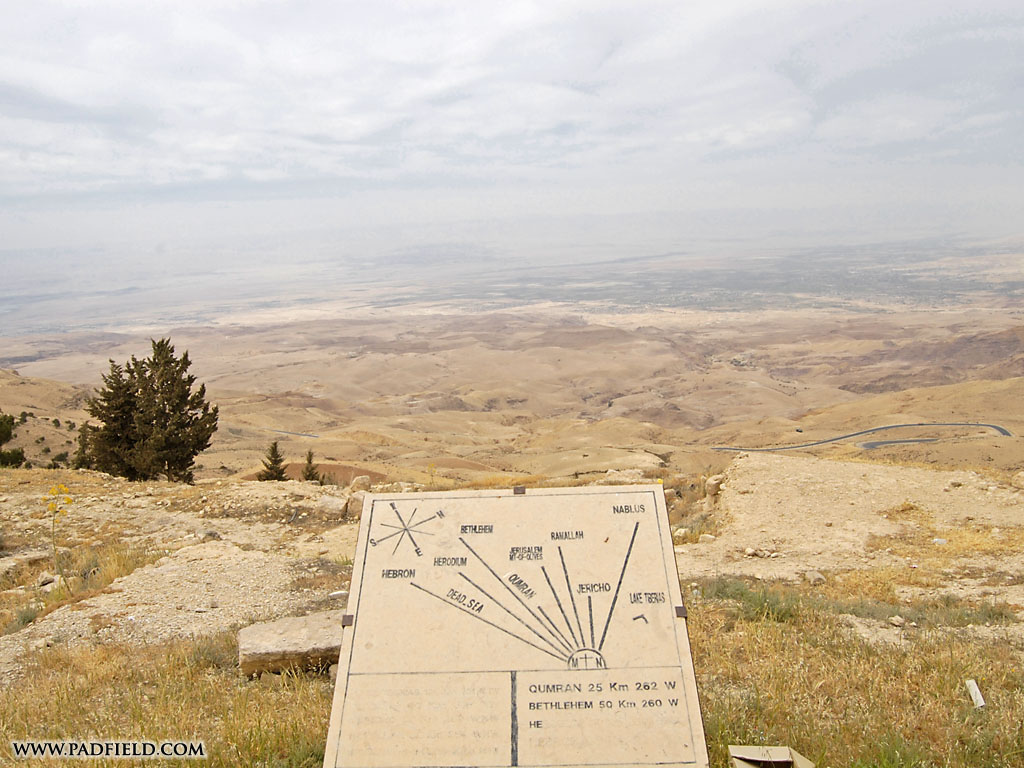This was a D'var Torah I wrote for WATE (the Westchester/Fairfield Association of Temple Edcators - the F is silent) for a meeting this morning.
 |
| The view from Mt. Nebo today. |
Parshat Chol Hamoed raises
some interesting questions for us as educators. The obvious one is the focus on
the calendar. We live and die by them it seems. Of course as educators, we are
working on Chanukah or even Tu Bishvat (for the Type A personalities, not me) while
still in the midst of the Fall festivals. As educators, I think we are
sometimes living anachronisms – not outdated, but living out of sync with
real time as we work to create programs, lessons and experiences that will be
implemented months down the road.
But let’s step beyond the
calendar. We have three holidays in the rear view mirror and one to go before
the Blessed month of Cheshvan (nutty rabbis of the Talmud called it "bitter" Cheshvan because there were
no festivals in it – maybe they didn’t want to have to actually come up with other
topics to talk about?) and a full return to our regularly scheduled
curriculum.
I was learning over Zoom
with Rabbi Mark Borovitz two days ago and he asked me an interesting
question—especially with Simchat Torah looming.
“What happens at the end of the
Torah?”
[I paused here and invited my colleagues to suggest answers.]
All of those are there. I
had said "Moses dies."
Then he asked: “What happens
to the Israelites at the end of the Torah?”
I answered that they are at the
foot of Mt. Nebo waiting to enter the land.
Now he was almost yelling: “Why does the Torah leave
them there? Why don’t they get to enter the land while still in the Torah?”
Then it hit me. It is not
about getting there. It is about the journey. It is about getting through each
day, moving closer to the goal.
Rabbi Borovitz works with addicts at Beit T'shuvah in Los Angeles. Addicts do
not talk about being cured or being finished with their recovery. Recovery is
something that happens every day for the rest of their lives – if they are
successful. It ends when they die or when they return to their addiction.
They
don’t get to the Promised Land. Or if they do, they do not get to lie under
their vine and fig tree. Their – and our – struggle continues every day.
The Torah doesn’t end with
the death of Moses and the people waiting for the Book of Joshua to begin - as if
it was just a book in a series like Harry Potter or The Lord of the Rings. The
Torah ends by us going back to the beginning and chanting Bereishit: "When God
began to create the heavens and the earth."
This is a metaphor made for
educators. We get relatively few kudos compared to clergy who are with our
members during their happiest and saddest moments. We count our moments of
victory over a longer period of time. We don't get or provide a lot of immediate gratification, like people experience with a Bar or Bat Mitzvah, a Wedding or even a funeral.
WE have to wait half a generation to learn if our learners take up the cause of
the Jewish people and raise Jewish children themselves. We keep going back to
the beginning, like the weekly Torah reading.
May we all find joy and radical
amazement as we finish and restart the Torah this Sunday night.






